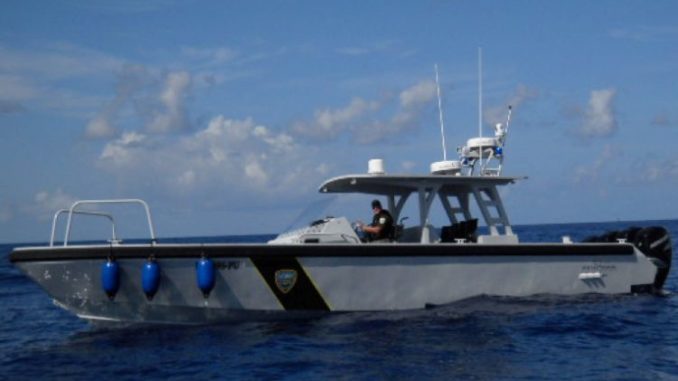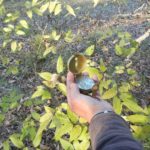
A compass or handheld GPS are vital if you get “turned around”
I don’t recall exactly who said it, but a famous outdoorsman once quipped that he had never actually been lost — but there had been times when he hadn’t known where he was for a few days.
That statement has been around quite a while, and has something to do with the fact that no outdoorsman will ever admit to being flat out, hopelessly lost.
In the movie “The Big Country,” Gregory Peck and Charlton Heston’s characters didn’t like each other very much. In one scene, Heston accused Peck of being lost on the Montana prairie, which Peck denied.
I am a huge Gregory Peck fan, so I’m sure he wasn’t lost. Anyway, that and a few other things led to a late-night fist fight out behind the bunkhouse.
An accusation of being lost is still the highest form of insult one might fling at any outdoorsman worth his compass. Turned around a little? Maybe. But lost? Never.
By my own definition, lost is when one has been missing so long that a search party is required to go out and find the victim and lead him or her out of the woods. “Turned around a little” is when it takes longer than anticipated to find the truck, but the feat is eventually accomplished without assistance. So, um, yes, I have been turned around a few times. But never lost ….
Search and rescue
Seriously though, people do get lost and search and rescue (SAR) operations are the responsibility of wildlife enforcement agents as stated in Louisiana’s Emergency Response Plan. Aside from massive responses to hurricanes or floods, day-to-day SAR typically involves lost or overdue boaters or hunters.
In Louisiana, getting lost while hunting is not very common. During my time in the field, there were very few occasions requiring a search for anyone missing in the woods. On one occasion, confusion about who would pick up a young hunter at his deer stand at dark led to a search response. We searched the woods for an hour or so until the father, who had found the stand empty when he returned for the boy, learned other family members had already retrieved him. In a few other cases, the missing hunter was not actually lost but was unable to move due to an injury, or dead as a result of sudden illness like a heart attack.
I think the reason we don’t have more lost hunters today is due to how we hunt here. Most hunts require only a short walk to and from a deer stand, and stalking-type hunts don’t typically cover a lot of ground. The days of long walks in remote areas before daylight or after dark are pretty much gone due to the use of ATVs and the trails created for them.
Far more common are missing or overdue boaters. Anyone who has ever motored through a maze of cypress- and tupelo-lined bayous, bays and lakes typical to all of Louisiana will understand how easy it is to get lost.
It all looks the same, so exactly which one of those bayous did we emerge from, and was that last turn a right or a left? Wildlife agents are at their best when finding a lost boater. This is due in large part to being very familiar with the patrol area. That knowledge and knowing the mistakes others have made in the past have led to many timely rescues.
I once received a late-night call from a worried father. His son and a friend had gone on an afternoon fishing trip to the Saline/Larto Lakes area. It is a large and confusing collection of lakes and connecting bayous, and the boys had not returned. I asked the father to meet another agent and me at the boat landing. His son’s truck and boat trailer were not at this landing, and the father said he suspected they had launched at a different location.
I had a pretty good idea where to look and headed that way. Several miles in we spotted a searchlight which belonged to our missing boys. They were lost and out of fuel. One of their first questions was how we found them so quickly. The other agent and I smiled at each other and explained. While returning to their landing they had approached a hard-to-recognize fork on the bayou. The left fork leading to the landing is small and hard to see. They, like many others, had missed the turn.
A compass is crucial
So how do we avoid getting “a little turned around.” First, get a compass and learn to use it. My trusty old Lensatic compass is always with me, whether on familiar ground or not. Next, if possible, become familiar with the area where you hunt or fish. In new territory use a map and recognizable landmarks. Finally, consider a handheld GPS navigation unit. Prices are reasonable, and I’ve seen them on sale for $200 dollars. My New Year’s resolution is to get one — and then learn to use it.
After all, who wants someone like Charlton Heston sneering at them saying, “You were lost!”
Hot tip:
If you’re not familiar with the area where you’re hunting or fishing, consider getting an affordable handheld GPS unit. If it gets you back to your landing or camp before you have to spend the night outdoors, it’ll be the best money you ever spent.
Got a question for the Keith?
Email it to klacaze15@att.net




